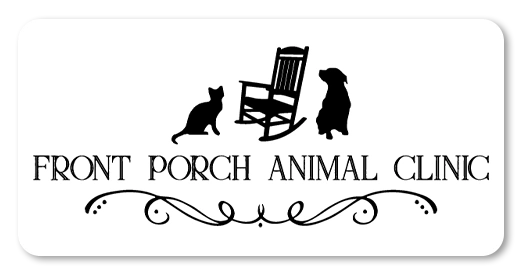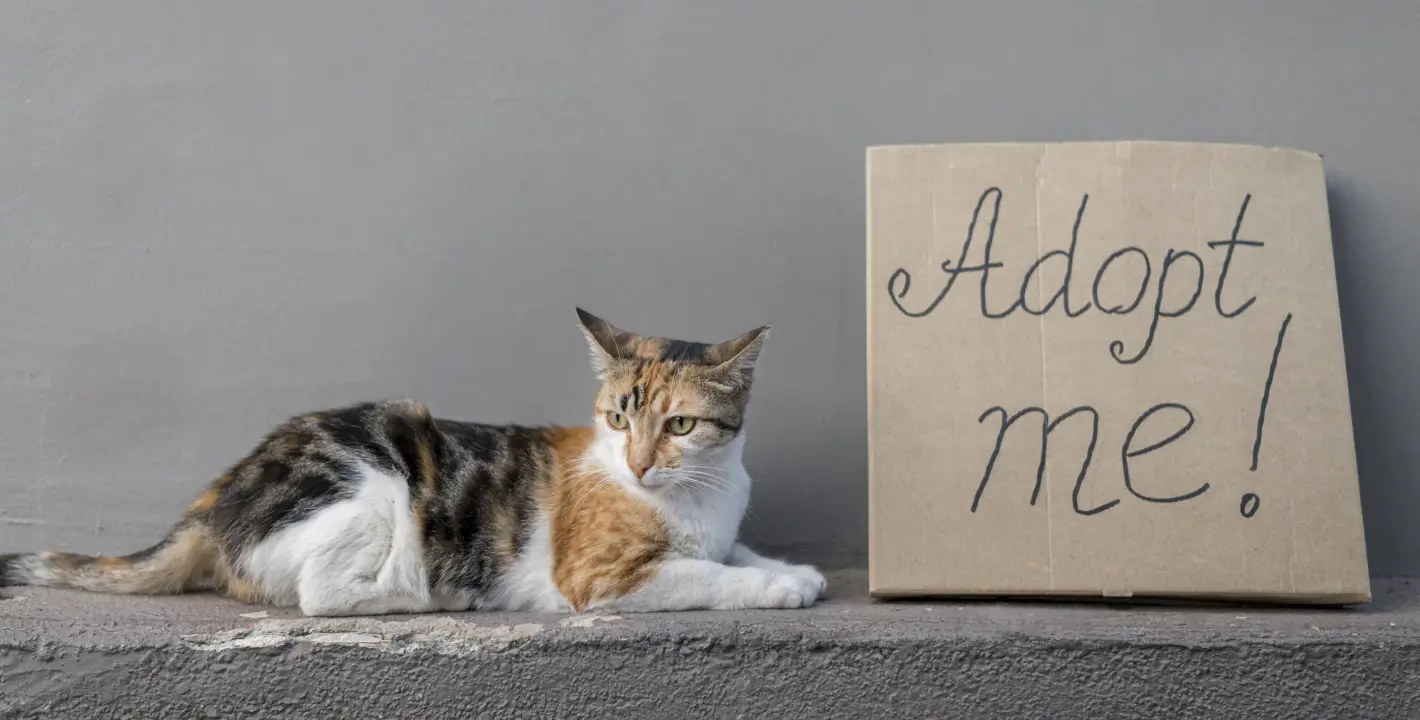The formal holiday season begins in November. Many individuals are beginning to organize and get ready for those mouthwatering seasonal cuisine as Thanksgiving approaches. Naturally, once you start cooking, your animal friend will be quite attentive. Our animal friends are always quite, quite fascinated in anything we are creating or eating. Try creating something for your pet. There are many things you can create or publish even although there are undoubtedly plenty of unsafe ones. Actually, Cook For Your Pets Day falls on November 1st! This is a terrific time to go over some of the nuances of cooking for your pet even though we’re fairly sure your pet would be more than delighted for you to prepare any day. See below as a local Weld County, CO veterinarian provides some local perspective on this.
What Are Safe Foods For Pets?
Every kind of animal is unique, so you will want to get specific advice from your veterinarian. This may also change as your furry friend ages and/or experiences changes in their health. For example, you wouldn’t want to feed fish to a feline with thyroid problems, since the iodine wouldn’t be good for her.
Having said all that, most kinds of meat, fish, or poultry are good for dogs and cats as long as they are boiled and unseasoned. There are a few caveats, though.
- Always remove the skin and fat.
- Organ meats, such as kidney and liver, should be offered sparingly. These are okay once in a while, but too much could cause vitamin A toxicity.
- Foods heavy in fat or salt, such sausage and bacon, should also be limited. ( Sorry, Fido!)
- Only provide boneless meat. Cooked bones get rather brittle and can break off into jagged bits that are extremely dangerous for pets to swallow.
Your pet’s diet should include other components besides meat. Via their prey, even hypercarnivores pick remnants of other meals. Along with vitamins, minerals, and fiber, a balanced diet should have the right ratios of fat, protein, and water.
Here is a partial inventory of some of the safe fruits and veggies:
- Apples
- Bananas
- Blackberries
- Blueberries
- Cantaloupe
- Carrots
- Cranberries
- Cucumbers
- Kiwis
- Mangoes
- Oranges
- Peas
- Pears
- Pineapple
- Pumpkin
- raspberries
- spinach
- Strawberries
- Sweet Potato
- Watermelon
Before you feed your pet any fruits or vegetables, always remove seeds and pips. Some might need to be shredded or sliced into small bits. Never give your furry pal anything without verifying that it’s safe.
Pets can also have certain other items, including dairy. Cheese, eggs, plain yogurt, and cottage cheese are fine, but in small amounts. Your furry friend can also have popcorn, rice, peanuts, and peanut butter, though you’ll need to make sure it doesn’t contain xylitol (birch sugar.)
Ask your Weld County, CO vet for more information.
Finding Recipes For Your Pet
There are plenty of recipes for pet food and treats. However, it’s important to choose one that is appropriate for your furry buddy. What is suitable for a St. Bernard will not be right for a Chihuahua! Discuss your pet’s dietary requirements with your veterinarian: it’s important to have a clear picture of their needs. You’ll also need to make sure the recipes pass muster with your vet.
Generally, you’d want something that is based on meat. Cooked, unseasoned meat, fish, or poultry should form the bulk of both Fluffy and Fido’s diets.
What Foods Are Not Safe For Dogs?
Many people foods are dangerous to our four-legged companions. Garlic, onions, scallions, and chives are all unsafe. In general, anything with a bulb should be considered toxic to your pet. Other dangerous foods include chocolate; alcohol; pitted fruits; nuts; caffeine; and grapes, currants, or raisins. Raw meat, dough, and yeast are also unsafe, as is meat on the bone, as mentioned above.
Certain foods are only safe in small amounts. Organ meats, like liver and kidney, fall into this category, as mentioned above. Things like broccoli and cauliflower also fall into this category, as they can cause gas.
Ask your Weld County, CO vet for more specific information on your pet’s diet and care needs.
Can I Make My Dog Treats?
If we were able to ask Fido what his absolute favorite things are, it’s probably pretty safe to say that treats would be at—or at least near—the top of the list. Treats are actually quite beneficial for our furry friends. They are not only great for bonding, but also help with training, help Fido feel safe and loved, and generally just get that cute tail going.
There are tons of recipes online. These all start with some kind of base. Some options include natural peanut butter; olive or wheat germ oil; cheese; bacon bits; whole-wheat flour; eggs; liver powder; oatmeal; ripe bananas; or pureed pumpkin. You can also use minced meat, plain yogurt, or sodium-free broth. Many types of baby food are also fine, but you will need to check the label to make sure that it doesn’t contain anything unsafe, such as raisins, garlic, or onions. You can also mix and match and try different combinations. To customize your furry friend’s snacks. Add tail-waggers like shredded deli meat, bits of kibble, bacon bits, egg, and, of course, cheese. Fido will also benefit from certain fruits and veggies.
Here are a few options:
- Pumpkin Yums: For this one, you would mix a can of pureed pumpkin with some natural peanut butter, an egg, and whole-wheat flour. Shape into balls, or use a dog-treat maker to form little bones. Cook for about 15-20 minutes at 350, or until you get the desired crunchiness level.
- Turkey Bites: Combine plain, boneless turkey with cheese, eggs, baby food, and safe fruits or veggies. Put it in a food processor and blend it all, then divide into small portions. Bake for a half hour at 375.
- Simple Biscuit: For this one, you would combine whole-wheat flour with eggs and olive oil for the base. Then, you can add extras, like kibble or bacon bits. Bake at 350 degrees for 30 minutes.
- Chicken Bites: Mix canned chicken with shredded cheese, bacon bits, whole-wheat flour, and sodium-free chicken broth in a blender or food processor. Divide into small portions, and bake for 15 minutes at 350.
Make An Appointment At Our Weld County, CO Pet Clinic
Do you have questions about your pet’s diet or care? Contact us, your local Weld County, CO pet hospital, today!



